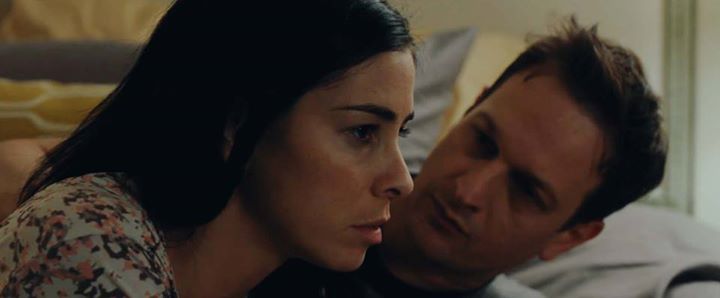You can’t start off discussing St. Vincent without leading in with everyone’s favourite movie buddy: Bill Murray.
Bill Murray is a very tough actor to dislike. He has a charm – an aura – that draws you in and makes you grin like a madman. He’s one of those rare cases where you don’t mind if every character you see him play is – in fact – himself, because he’s immensely watchable and can make any normal activity oddly fascinating. A mid-credits scene proves this as actual fact.
The role of curmudgeon war vet Vincent is very much different. It challenges Murray to be unlikable, to be a snooty crabapple, to be a politically incorrect jerk who pushes people away because he doesn’t necessarily know how to handle himself. Essentially, Vincent is a milder version of Billy Bob Thornton’s perturbed turn in Bad Santa, minus the criminal background and the vomitorium of vulgarities and self-loathing.
Like Bad Santa and other movies featuring a grump with zero social skills, Vincent meets a kid. Oliver (played by Jaeden Lieberher) and his mother Maggie (played by Melissa McCarthy) move in next door, and the neighbourly relationship starts off terribly. The moving company scrapes a tree branch with their truck causing it to break and crash onto Vincent’s car. After some mishaps that only happen to lonely children and single mothers in movies, Vincent winds up babysitting Oliver for a few nights after school.
Vincent realizes the kid is a wimp with a malleable, kind mind and Oliver slowly warms up to Vincent’s sternness. Vincent teaches Oliver how to fight and how to make bids on horses at a racetrack, and Oliver’s compassion affects Vincent’s outlook.
On paper, St. Vincent isn’t anything groundbreaking and goes through the usual motions you expect out of a dramedy like this. However, St. Vincent is a movie that is raised by its performances. The professional talents of McCarthy and Lieberher is what sustains these wide-eyed roles – along with memorably amusing performances by Chris O’Dowd and Naomi Watts. McCarthy takes a break from playing loud characters, and tends to her nurturing role as an overwhelmed, protective parent, and Lieberher makes a significant mark on in his early career.
As for Murray, well, there’s a reason why Oscar buzz is circulating. He’s unstoppable as Vincent, and totally disappears into the role. It feels as if he’s channeling the manliness of actors Paul Dooley and Rushmore co-star Seymour Cassel, and the combination works magically. Murray finds that perfected anchoring of Vincent’s unapologetic beliefs, but also allows heartfelt growth to materialize.
While the story may lean towards being more generic than it is original, it hits all the right notes. There’s a story thread that deals with Vincent’s unknown trips to a local nursing home that ends up becoming more emotional than we except, and a bookie sub-plot that rattles us whenever Terrence Howard enters the scene intimidating Murray. It’s obvious the latter sub-plot is only here to add more of a substantial conflict to St. Vincent, but it’s not contrived and the scenes pull the right reaction from the audience.
At the end of the day, St. Vincent hardly feels fake despite being familiar. Writer/director Theodore Melfi’s feature film debut is a surefire crowd pleaser and tearjerker.





Be the first to comment